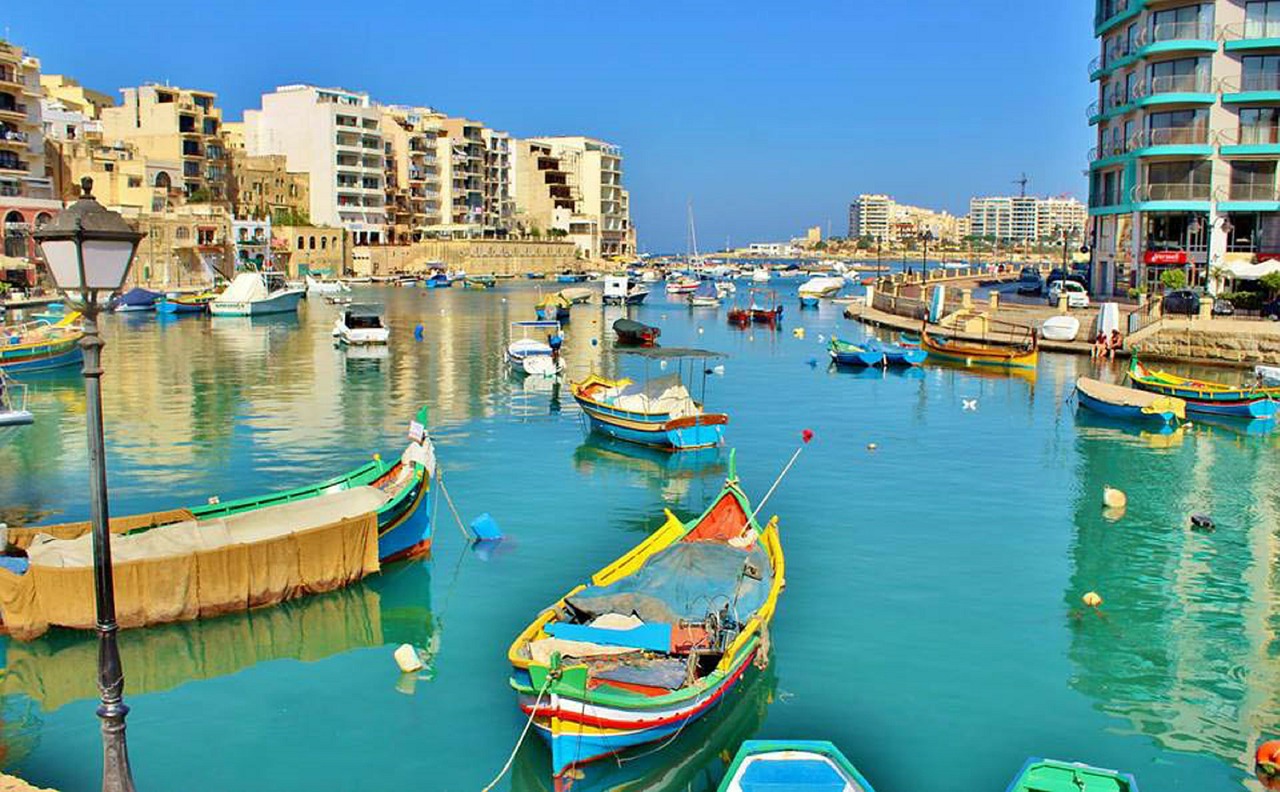
Whether you’re examining statistics from the USA or the UK, a staggering amount of retirees are opting to live overseas. More Americans are choosing to retire abroad than ever, and hundreds of thousands elderly Britons are living in Spain alone.
Retiring abroad is a significant undertaking that requires a great deal of consideration. High on the list of priorities is the “the daunting task of transporting all of your worldly goods from point A to B” to consider, which is often the first falling point when planning an international move. Then there are factors to consider such as healthcare, something you’re likely going to need in your twilight years, as well as climate and taxes.
It’s a huge commitment that might not suit everyone, so before you start packing to move abroad we’ve weighed up some of the pros and cons of three of the most popular European retirement destinations.
1. Malta
Located at a crossroads between southern Europe and North Africa in the Mediterranean Sea, Malta’s warm climate and peaceful lifestyle make it a popular choice among retirees.
- Amazing weather: With more than 31,000 hours of sunshine a year, and an average temperature of 19 degrees celsius, Malta is one of the sunniest countries in Europe. As well as hot summers, Malta also enjoys mild winters. Valletta enjoys the warmest winter of all European capital cities with average temperatures of around 16 degrees celsius in the day time.
- No language barrier: While packing for an international move to Malta, retirees will have no need to throw in a language dictionary, despite Maltese being the first language, as English is considered an official language in Malta.
- Excellent healthcare: Health is wealth, and retirees considering a move to Malta can expect the best. Malta has an excellent reputation, ranking fifth in the world in 2011, and second best in Europe, in 2015. Retirees living in Malta can access health care in the same way as the UK, with a choice of public or private health care.
- Low living costs: Most people might assume that Malta would be quite an expensive place to live, after all it is a Mediterranean island, but everyday life is relatively affordable, compared to most western countries. For example, a pint of beer at a small pub can be as little as €1.50. Food is also very affordable and public transportation is relatively cheap too.
- Small size: Malta is a small island and is one of the most densely populated countries on the planet, with many metropolitan areas. Retirees who enjoy living in the city will love it, but those who prefer a rural setting may not like the hustle and bustle of life in most parts of Malta. However, there is the option of relocating to the more rural and quieter sister island, Gozo.
2. Portugal
Forming one quarter of the Iberian Peninsula, Portugal is one of Britain’s’ favourite retirement destinations – and for an array of good reasons. Portugal has a rich history, its western coastline is coated with beautiful sandy beaches, and it is recognised as the top golfing destination in Europe.
- Amazing weather: Like Malta, Portugal has wonderful weather, with temperatures soaring in the south during summer and the further south you go the hotter the Summers will be. Head towards the coastline Atlantic coastline for a Summer breeze to cool you down.
- Same timezone as UK: Portugal shares the same time zone with the UK so you don’t have to worry about time differences when contacting family and friends back home. Portugal is also the largest expat community after Spain and France.
- More options for Portuguese residency: The Portuguese government is giving retirees the opportunity to apply for the Golden Residence Permit Programme, which grants residency in Portugal. Retirees who buy a residential, commercial or agricultural real estate worth at least €500,000) will qualify for the programme.
- Language barrier: Before starting the process of packing for an international move to Portugal, retirees will have to learn the language as few Portuguese can speak fluent English. Portuguese can also be a difficult language to learn and pronounce.
- Winters can be cold: Unfortunately the sun doesn’t shine for all 12 months of the year in Portugal, and the winters can be very cold and wet. Apart from the mountainous areas, which get lots of snow, there is a little snow inland but frost is common.
3. Spain
Spain covers most of the Iberian Peninsula from the Pyrenees Mountains right down to the Strait of Gibraltar, which looks across Northern Africa, with some of the most beautiful views. With wonderful sandy beaches dotted with bars and restaurants, it’s no wonder Spain is an attractive option for retirees.
- Expat central: Spain boasts the largest expat community in Europe, making it easier for retirees to settle into their environment. Choosing to live in one of the popular Spanish Costas, such as the Costa Blanca or Costa del Sol, or islands such as Tenerife or Mallorca, will have plenty of other UK expats for new retirees to befriend.
- Low cost of living: Retirees looking to live a Spanish lifestyle will find it is quite affordable – in fact Spain is one of the least expensive countries in Europe. Public transport including buses and trains, are cheaper than the UK. Even better, eating and drinking out is cheap, which means retirees can enjoy tasty three course meals for just €10-15.
- Low crime rate: Naturally, retirees will worry about security and safety when moving abroad, which would make Spain a great choice for a peace of mind, as it is considered to be one of the European countries with a low crime rate. However, it is always import to be aware of scams or thefts.
- Falling house prices: The number of British expats returning from Spain has risen due to falling house prices, planning permission disputes, currency fluctuations and the UK’s decision to leave the EU. Retirees determined to keep the Spanish dream alive, are advised to research and find out where Spain’s cheapest property is.
- Language barrier: Like Portugal, the relocation process can also be made difficult because of the language barrier. Few of the older Spanish generation speak fluent English, as opposed to the younger generation who are speaking it more, so retirees will have to learn the language.


